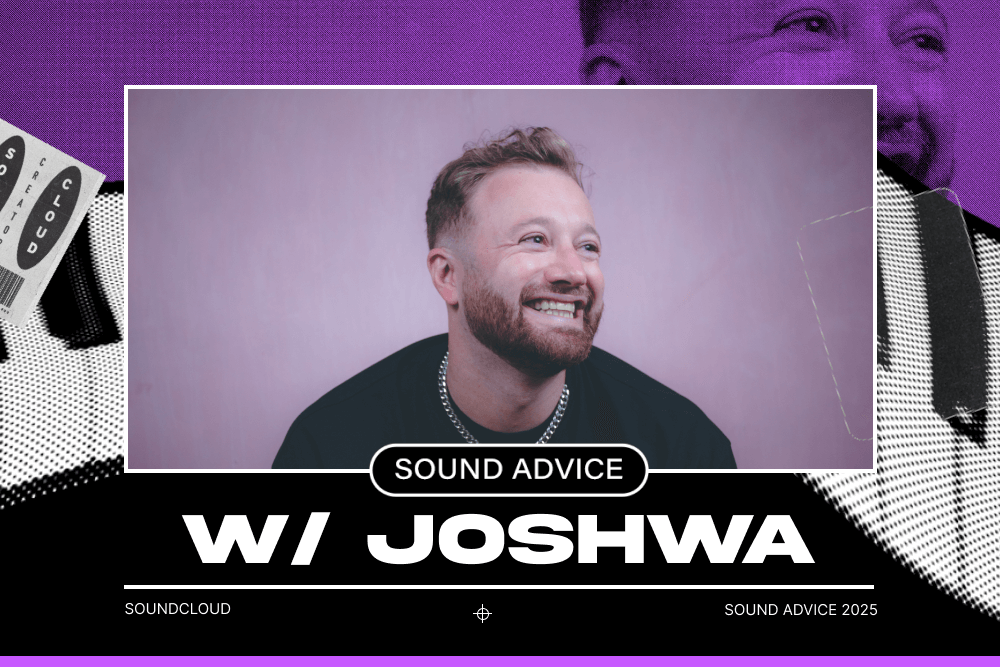Philly’s conceptual dubstep king on quantum physics, album lore and his strong relationship to SoundCloud.
Welcome to Sound Advice, the weekly interview series spotlighting artists’ creative process and their SoundCloud journey. We’ll get the inside knowledge straight from the source on how musicians, producers and creatives are leaning into the many facets of Next Pro to reach their audience and grow their careers.
Floating in the space between otherworldly melodies and huge, nasty mechanized basslines is where you’ll find Philly-based Jesse Kardon, better known in the dubstep and EDM worlds as Subtronics. Between his Cyclops Recordings label and big collaborations with the likes of Zeds Dead, Excision, Rezz and GRiZ, Subtronics is no stranger to cranking out the festival-ready face melters. Yet on his second album ‘Tesseract,’ you’ll get to see the cubic prism of his personality, as he dives into quantum physics, sci-fidelity themes and melodies that recall Radiohead and Crystal Castles rather than ‘Transformers 2.’ Kardon jumped on SoundCloud around 2015 and found a small-but-strong producer community emerging around a dubstep subgenre called quarternote – these homies helped nourish him with demo feedback and LOLs as he began the slow ascent to 185K loyal followers and his own headline shows. We woke Jesse up to ask him about the new record, fantasy realms and the role SoundCloud plays for him as an artist, DJ and label owner.
How did the process of making your second album ‘Tesseract’ differ from making your debut album ‘Fractals’?
They’re similar in the sense that they're both like, ‘Here's the best of everything I’ve made in the past two years,’ and trying to really refine the selection down in terms of quality. With albums, you can really stretch your legs, explore new territory and try new things. The non-dubstep stuff on ‘Fractals’ had its own sound and now three years later, I’m listening to a ton of drum ‘n bass, house music and experimental stuff, so I think that’s reflecting through. I kind of just obsessively work on music all the time, because it’s what makes me happy, and the songs that get me the most excited generally make the cut.
With ‘Fractals,’ I was really nervous that I was putting out a lot of stuff that was ‘off-brand’ for me. But I feel like that’s almost why it ended up being successful, because it took a lot of people by surprise. This time around I felt a lot more comfortable leaning into that all the way. I feel like there’s a natural degree of insecurity as a creative type but at the same time there’s kind of this air of me always wanting to prove myself over and over again. It was super scary and intimidating at first but now that I’ve gone through the process [of making an album], I have a better sense of what the rollout and marketing is like, and what to expect.
A lot of artists don’t have a team and have to do everything themselves. Can you talk about what you do differently on an album rollout versus EPs or singles?
The album rollout process is a lot longer and more intimidating than an EP. You spend potentially a few years on an album, so it’s a lot higher pressure. But an album gives me the opportunity to really dive into lore and storytelling and create a world-building immersive element. I definitely learned that people care more about singles. With albums, the songs that stand out take a lot more time to grow. On the flipside, some of the songs that did the best on the album were not the singles – tracks where I thought the drop was just okay, but the song had an infectious topline.
It always ends up being a mad dash to the finish line but I definitely work well under pressure. On ‘Tesseract,’ I got home from New Year’s Eve and I was under the impression that I had about a month or so to write a second drop and finish the mixing and mastering on about 16 songs. Two weeks into that process, I was pretty much done but that’s when the neurosis kicked in and I started obsessively freaking out over the smallest details. Not exaggerating, I probably exported this one song 50-plus times just because I was so hung up on the harmonic tonality of this one kick. And then the album got pushed up a whole month so I had to turn it in right now. As soon as I turned it in, I was like, ‘It’s fine. Stop freaking out.’ Deadlines help me break out of that cycle of insanity.
Learn more about monetizing your releases on Soundcloud
You mentioned the lore around ‘Tesseract.’ Tell us more.
There’s definitely a theme within my music that I’ve been intentionally refining over the years: kinda like sci-fi, but almost just no ‘fi’ just ‘sci.’ Ever since I was 12 or 13, I’ve been extremely obsessed with higher-dimensional theories and quantum physics. I have crystal clear memories of spending like six hours on YouTube typing in ‘What does the spatial fourth dimension look like?’ and trying to wrap my head around it. I was a stoned 13-year-old in bed being like ‘If I just think hard enough, I’ll be able to picture what the fourth dimension looks like in my head.’ It’s like a part of my personality. I want my art to reflect my personality and what I think is really cool.
I want to kind of create this alternate mystical sci-fi universe of magical whimsy that the listener can escape to. There isn’t really a defined plotline, but it’s a sparkly, opalescent environment that someone can immerse themselves in: it’s super ornate, detailed and intricate.
The tour show is a journey through four different realms. The Chaos Realm is the really heavy bass, head-bang dubstep stuff. The Quantum Realm is the weed-smoker, wonky stuff. The Cosmic Realm is me exploring other BPMs and other genres: drum ‘n’ bass, house, breaks. And then the Ethereal Realm is a nod to my background pre-dance music – I was a total hipster for sad indie music like Animal Collective, Crystal Castles, Radiohead. There’s something so cathartic about honestly expressing myself and putting the essence of my soul out there, as weird and trite as that sounds.
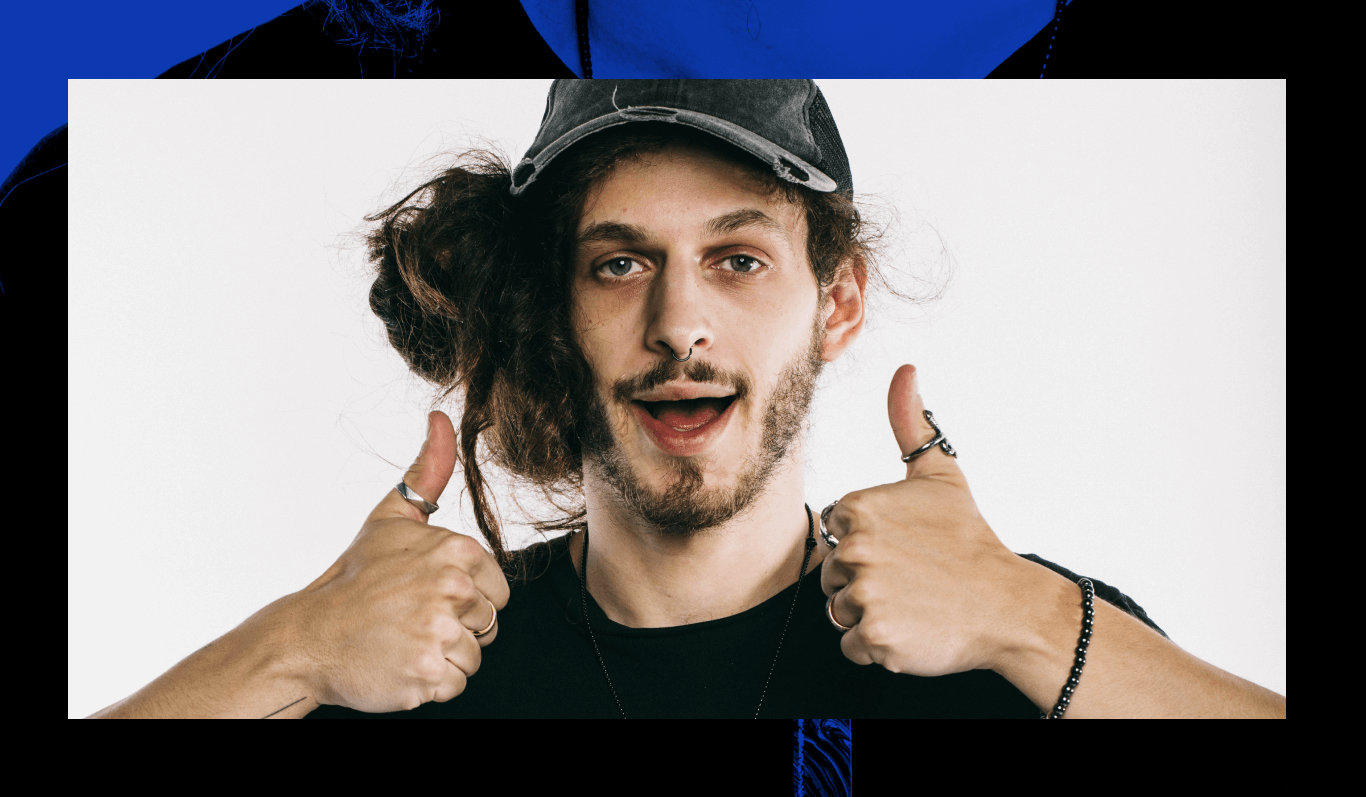
You have a ton of fan comments on pretty much everything that you’ve put up on your SoundCloud. Do those do those have any influence on you or your music?
If it wasn’t for SoundCloud, “Quantum Queso” would have been scrapped! SoundCloud is really sentimental for me. When I first started producing that’s where everything was, like in 2015. When I first started, 99% of my listener base was other artists on SoundCloud. It’s where I made all my friends. Even today, SoundCloud is still where I find almost all of the music I play that’s not mine. It’s really important to me that I stay really tapped in and connected to the SoundCloud community because it’s the most core fanbase I have. It’s a very educated listener base as well; they have good taste and good standards.
For me, it’s the most powerful music-finding tool. Every day I’ll go on SoundCloud and find someone that is so good, I’ll be mad at myself for not discovering them earlier. And I just get to stalk all their likes and find a bunch of crazy stuff. My friend Cooper Oolacile said, ‘What you feed your brain is really important to what your output ends up being.’ If you just feed your brain a bunch of generic cookie-cutter garbage, you’re not going to have very good output. I really love SoundCloud because it helps me discover so much eclectic, unique stuff that it’s like eating healthy artistically. And it just taps you into like the immediate forefront of the cutting edge – here’s what’s going on right now, not what’s going on six months ago [that’s coming out] because finally there’s an industry team behind it. No, SoundCloud is like, it’s immediately happening right now and there’s an engaged community and everyone’s here. So yeah, there's a magic to it, like 1000%. You really do feel like you’re a part of something.
Learn more about Comments and Direct Messages on SoundCloud
What other tools do you use the most on SoundCloud?
I send a lot of DMs on SoundCloud, for sure. I message a lot of international artists that aren’t as easy to access on other platforms. A lot of people aren’t on Twitter and they might have private Instagrams or it’s hard to track them down, but you can always send a DM on SoundCloud and normally people are pretty responsive. I also really like to support other talented artists that deserve being shown off. I’m a dubstep artist so my platform isn’t massive, but I definitely like to repost stuff that sounds super talented [to my page]. And I like to comment on things just to show that I’m still here, digging around until four in the morning, just as I was in 2015 when I had no following.
Do you consider yourself a part of a micro-community or subgenre within dubstep on SoundCloud?
I would say the community that I came from was the ‘quarternote’ dubstep kids. It’s a cross between contemporary dubstep and the original sound of UK dubstep; it's not as big, showy and theatrical and it’s more about a groove and a vibe. I remember when there were like maybe 50 to 100 people total in quarternote – there weren’t any fans yet, only artists listening to other artists. What we were doing was way too out there and different from the American brostep narrative at the time. There was a counterculture and a rebellion to it, so me being the little angsty hipster that I am, that’s immediately what I gravitated to. When people say I became a mainstream artist, it almost kills me inside; that’s why I try so hard to do deep dives back into the scene and see what’s going on now. And it’s a vibrant, massive, thriving community; it’s no longer just quarter notes anymore – they’re way more creative than that. It warms my heart, it really does.
To discover the additional features a SoundCloud Next Pro subscription offers, click here.
Click here for Subtronics’ SoundCloud.




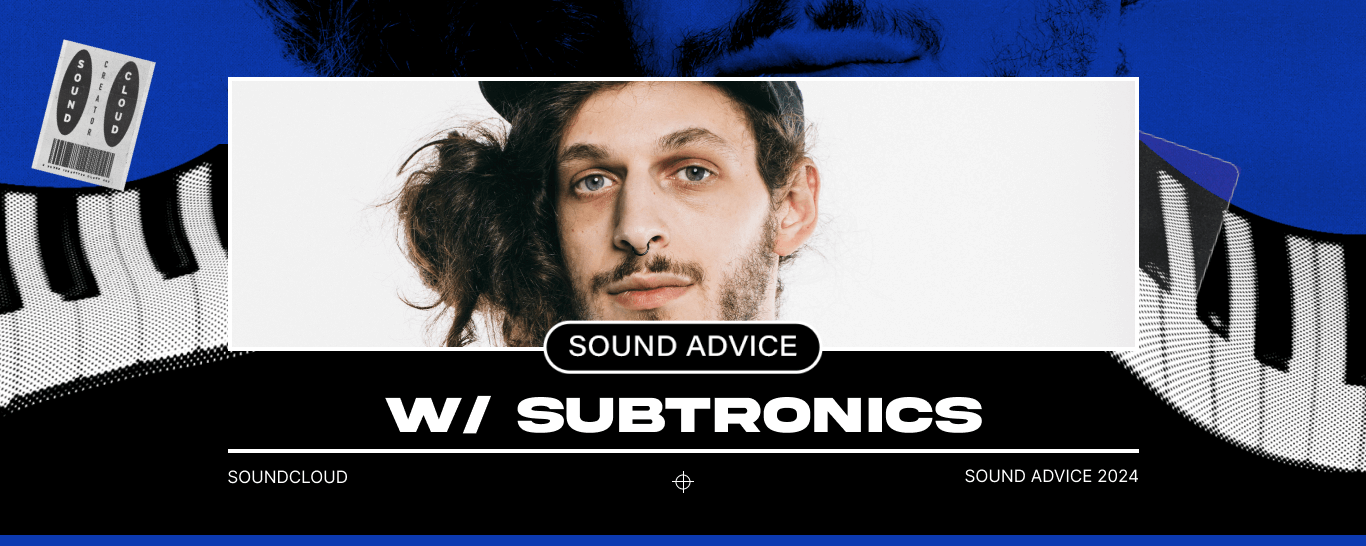

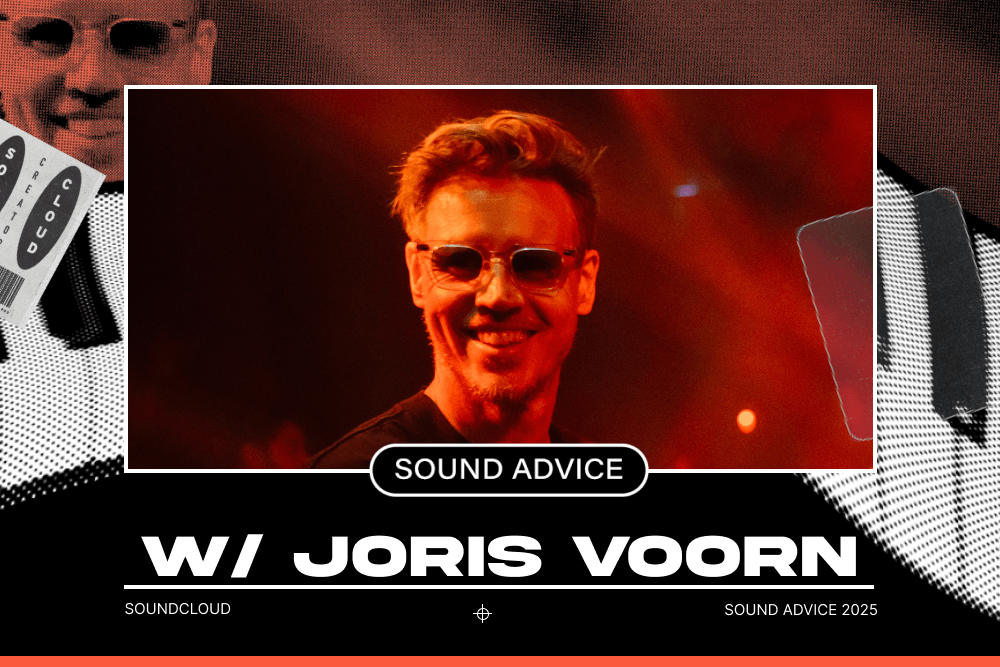
.png)
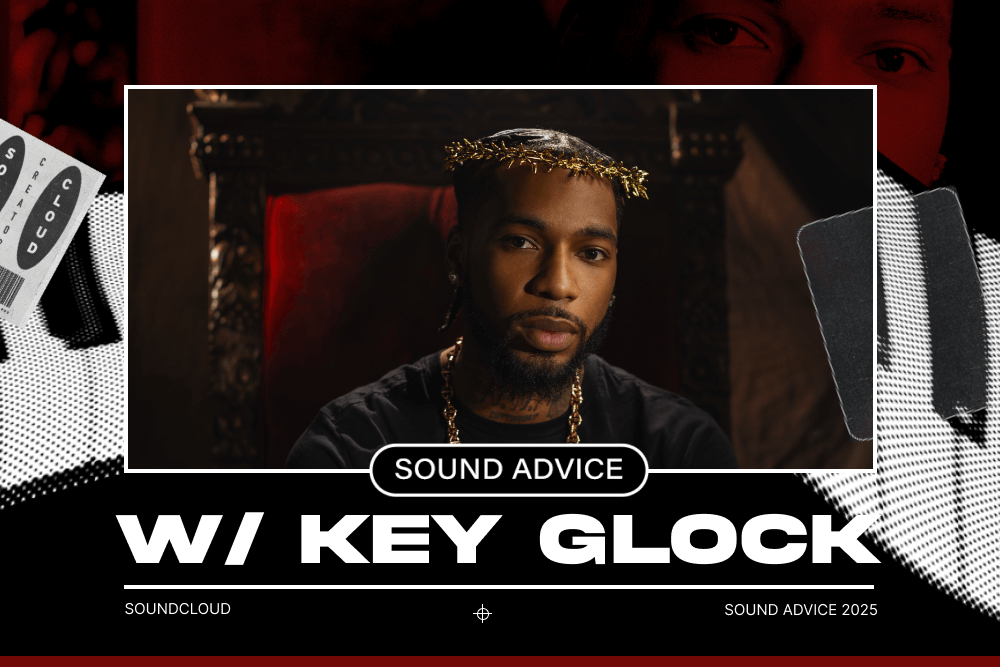


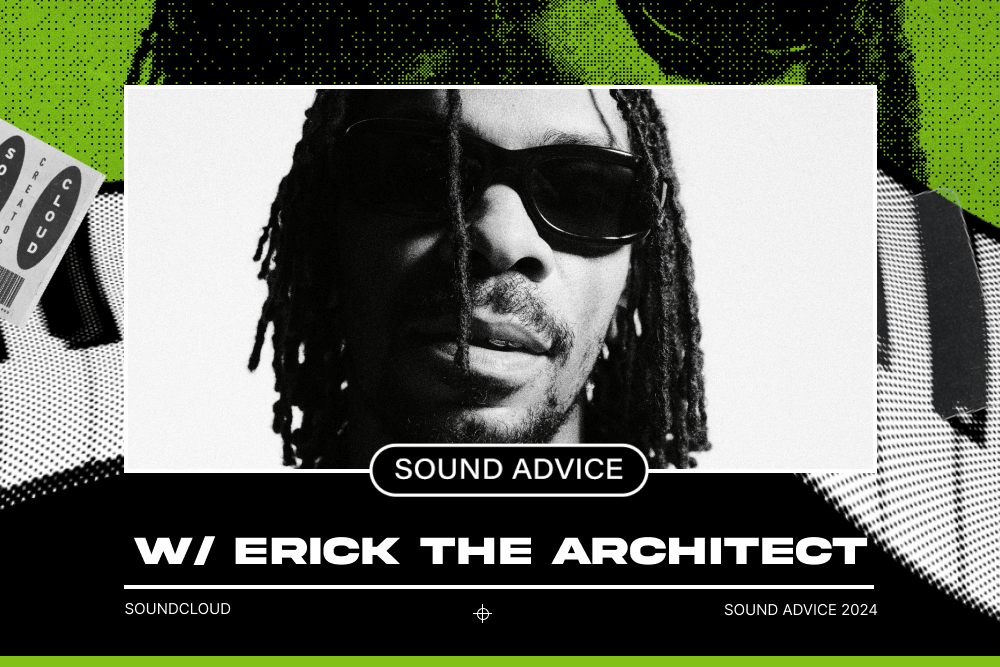

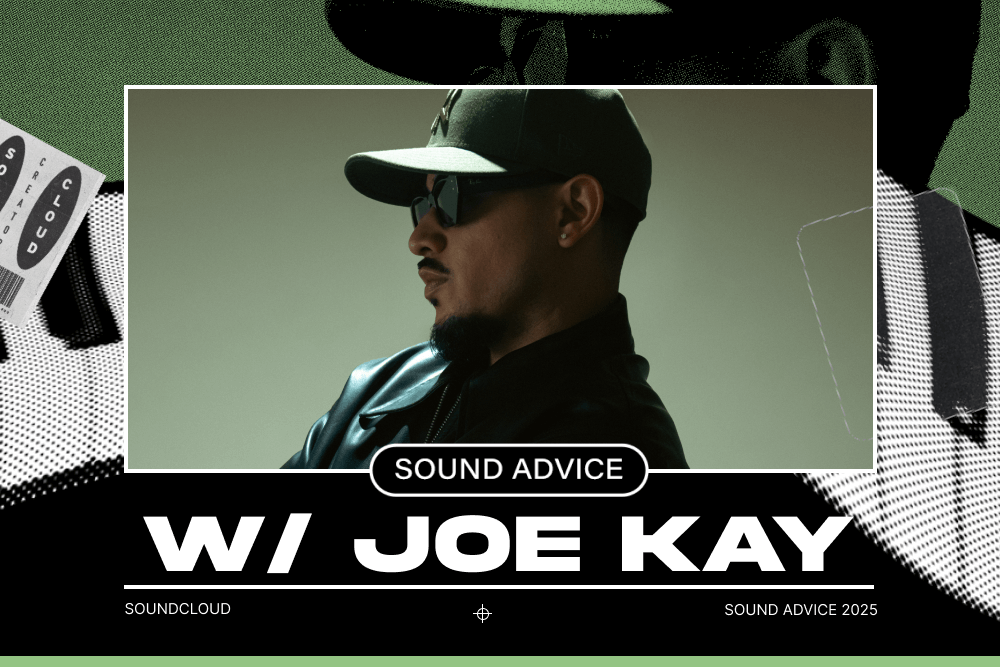

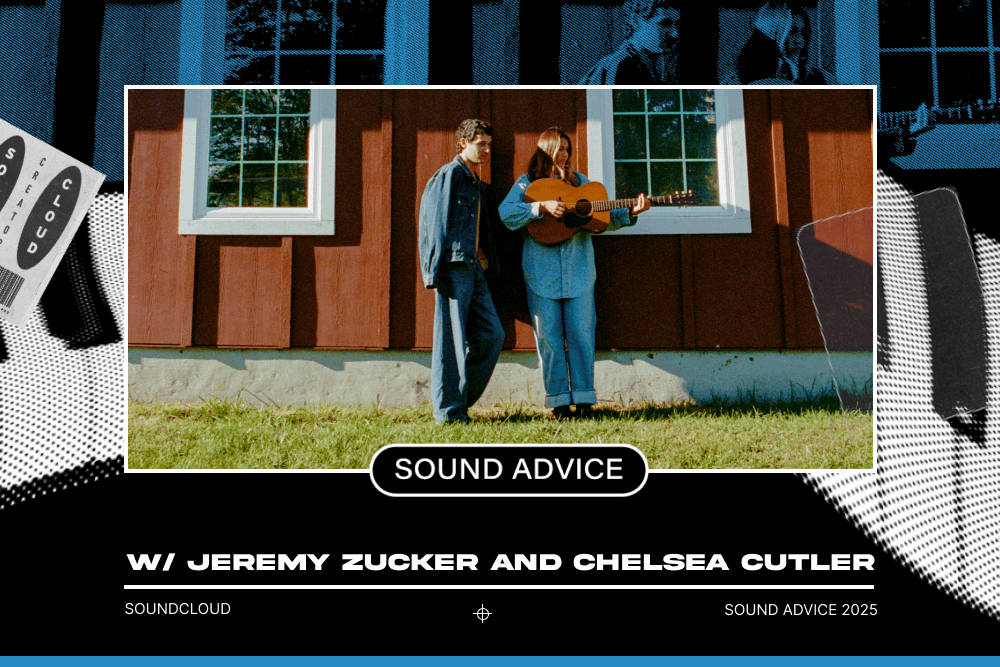
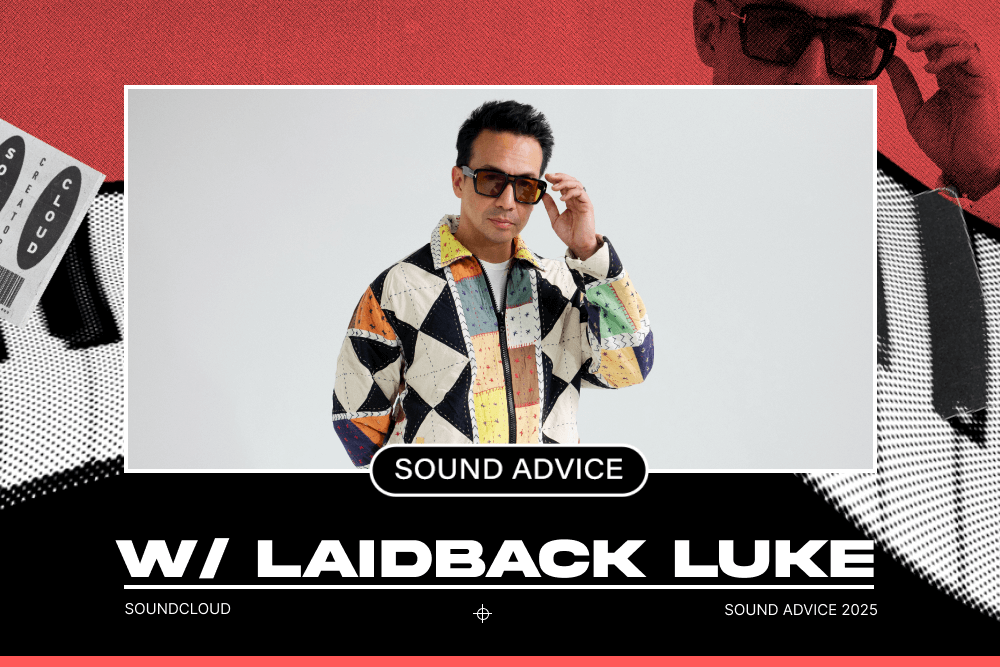
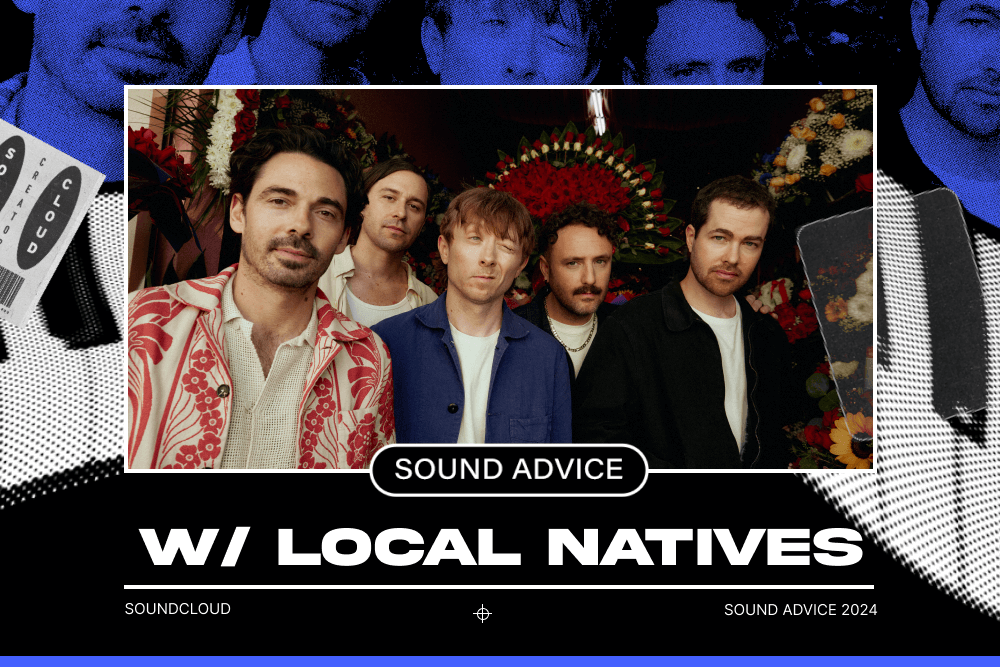

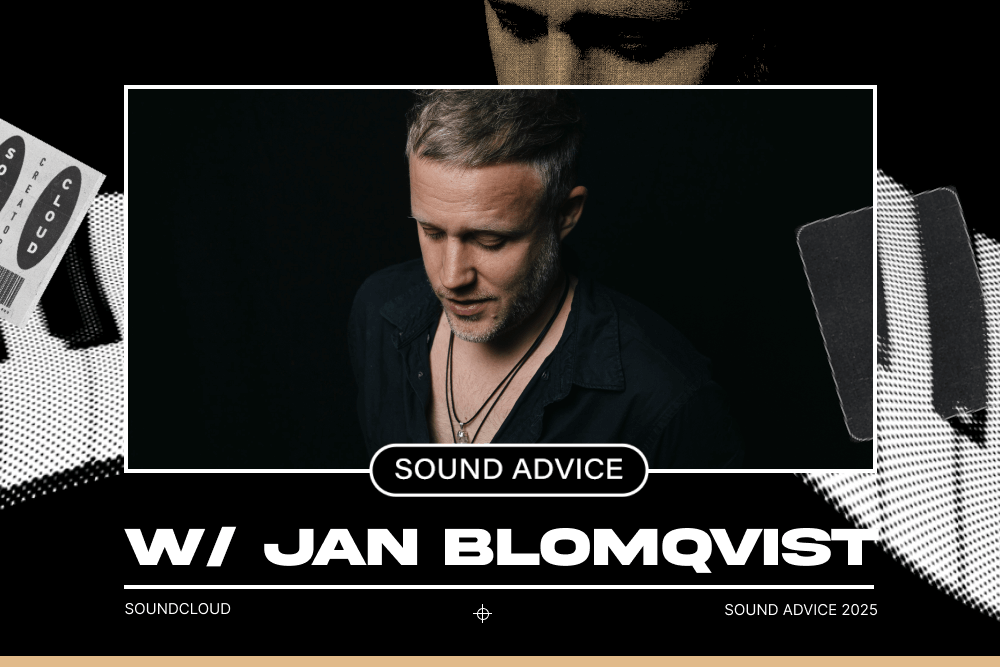
.png)
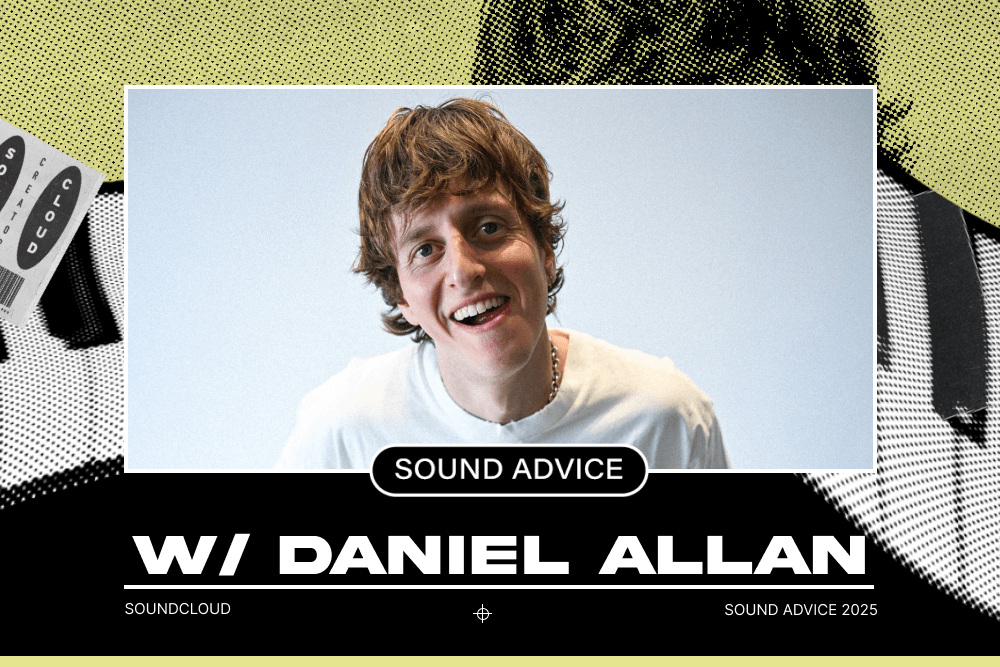



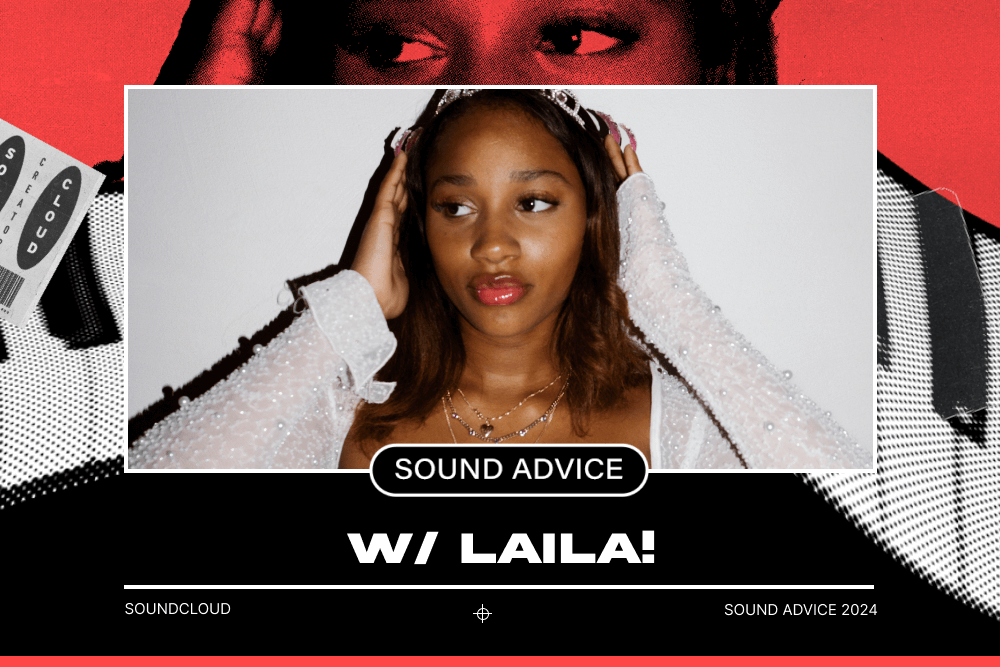

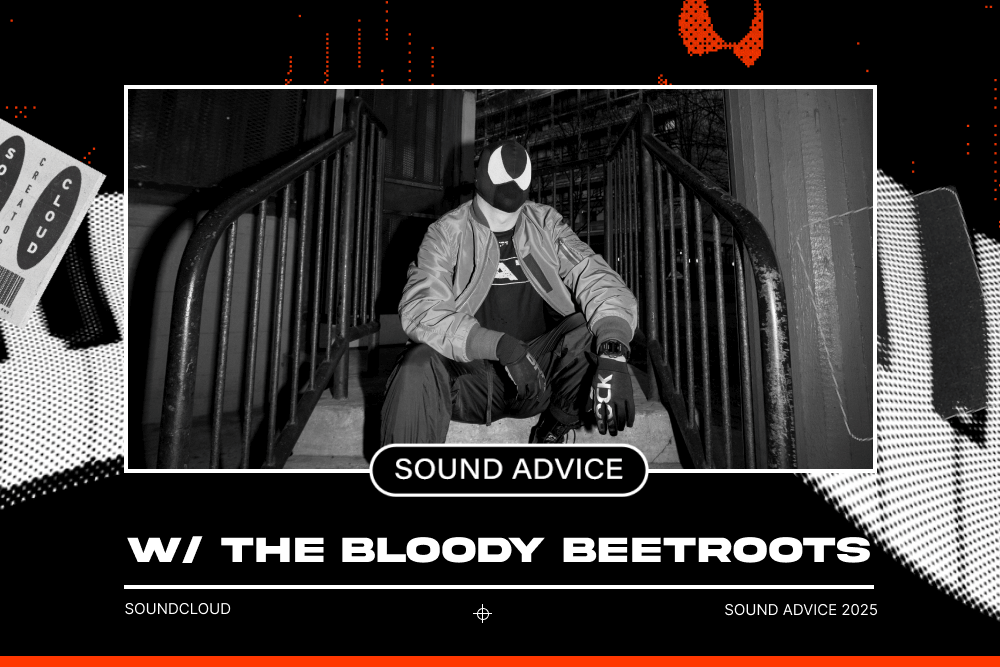

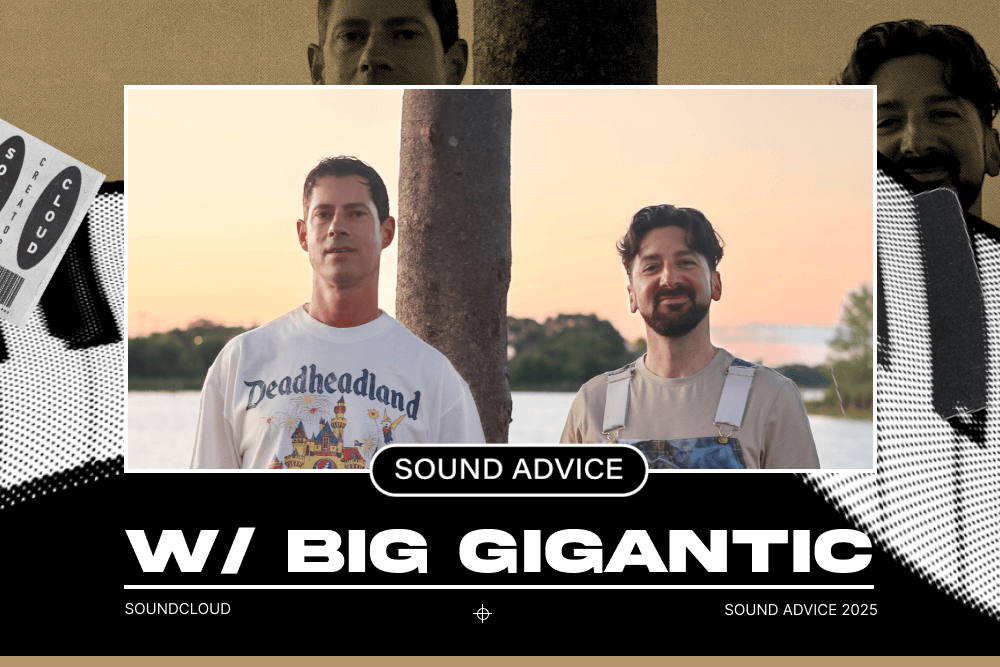


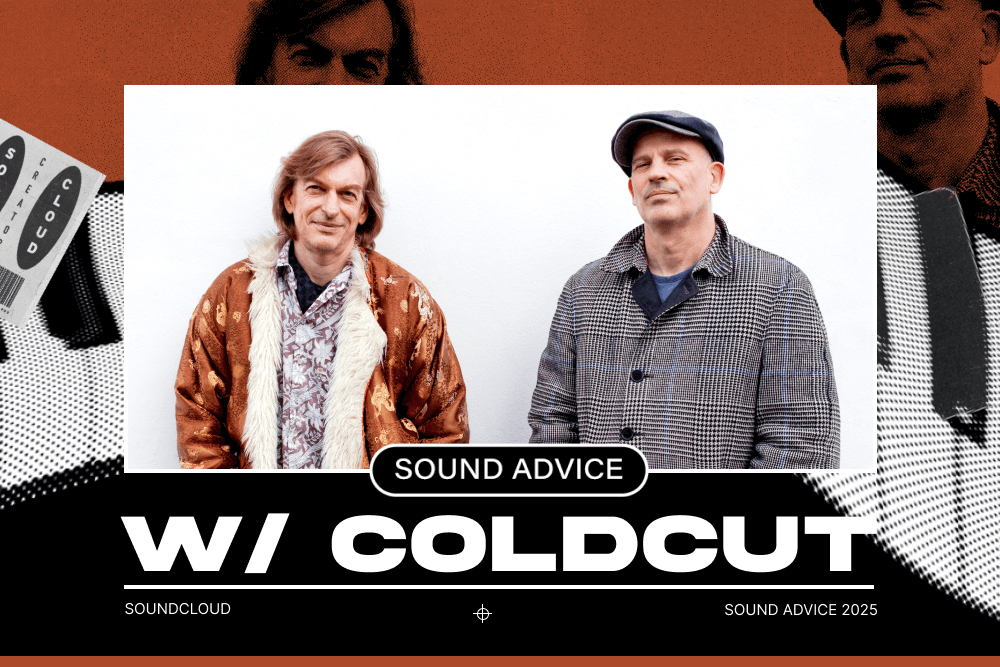

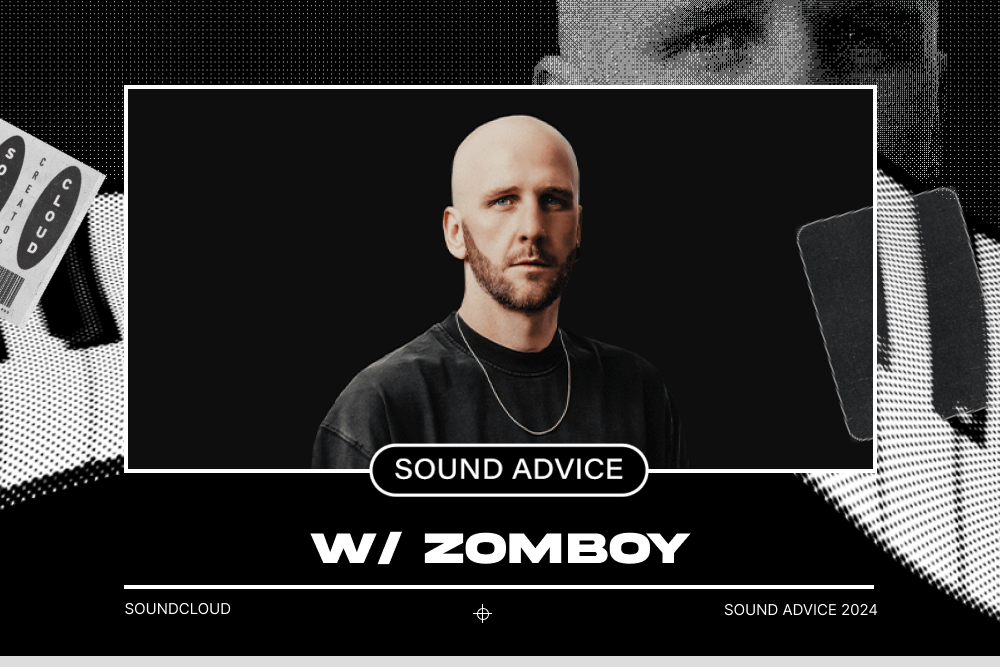




.png)
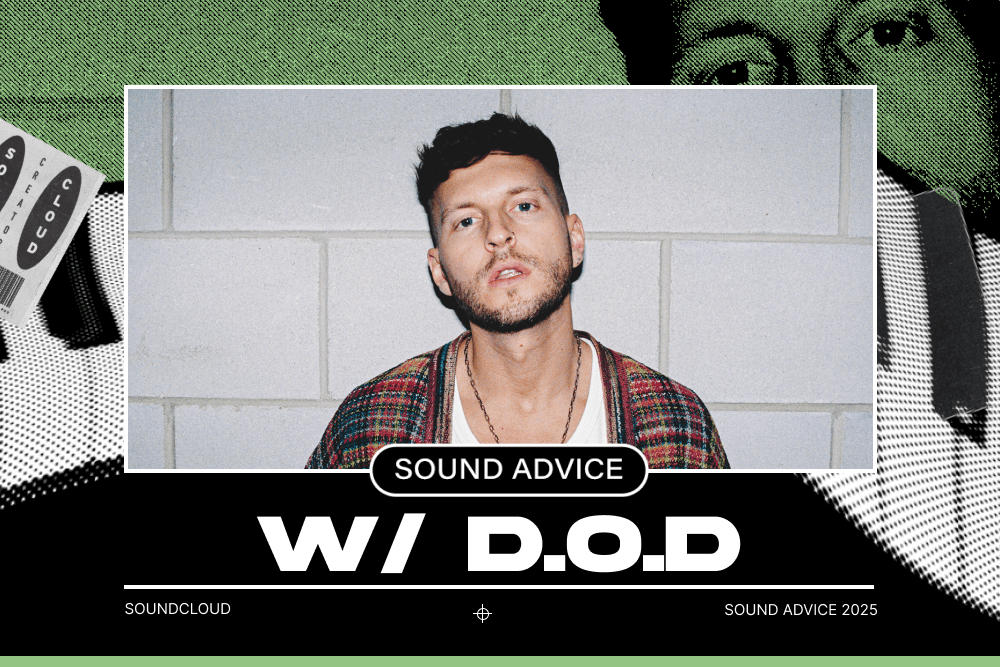

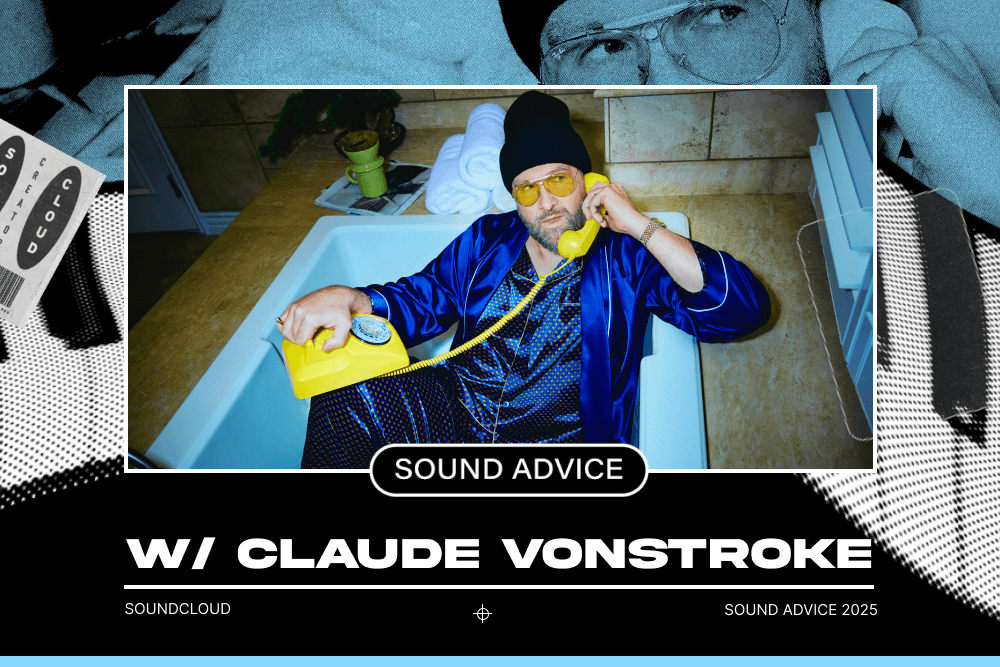















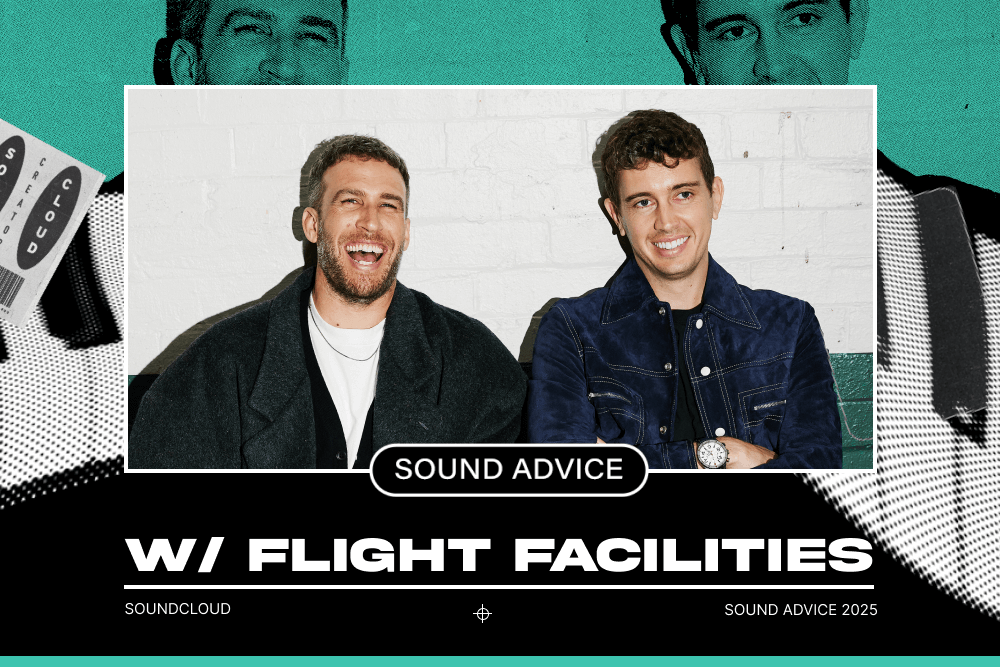





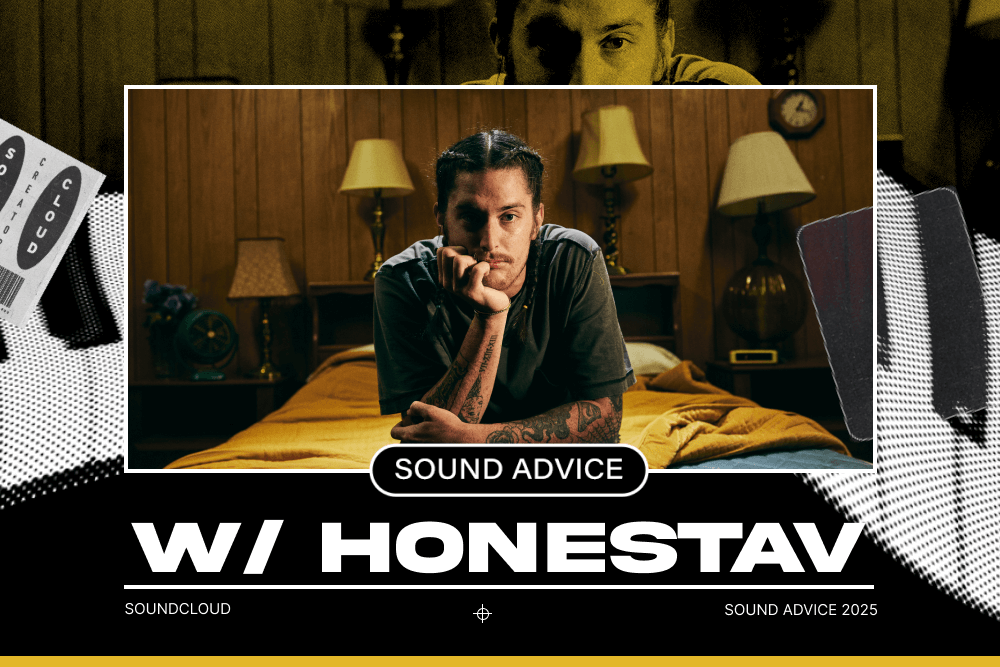

.png)





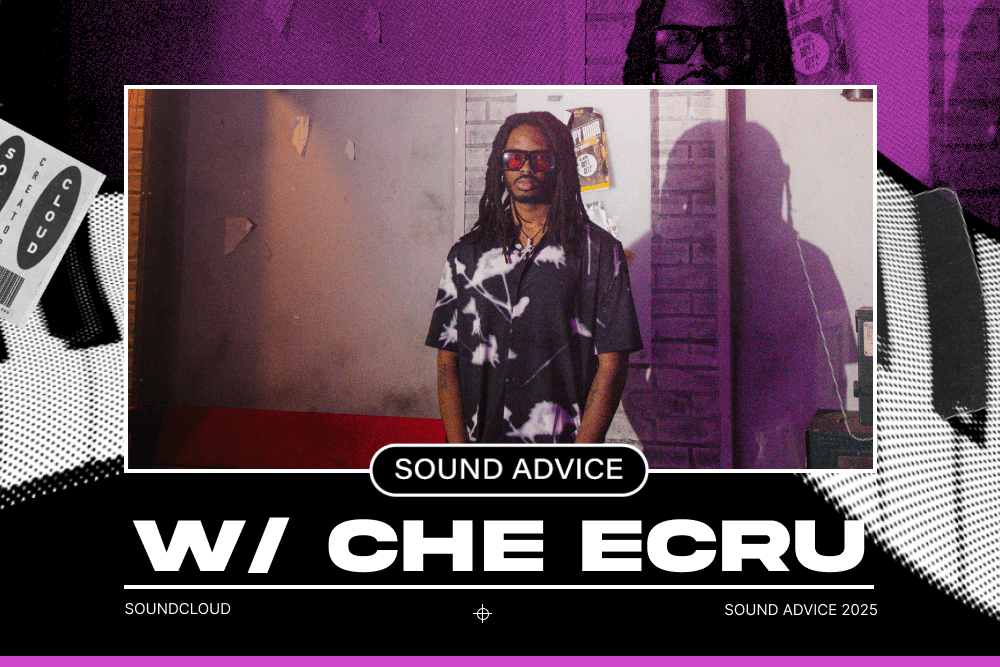
.png)
.png)
